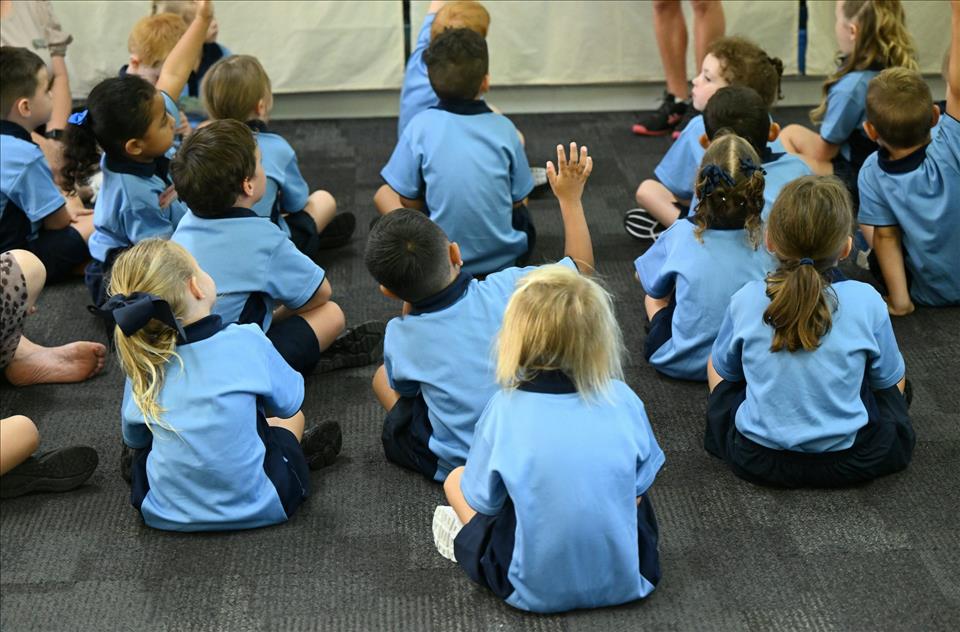
Who Decides What Australian Students Are Taught In Schools?
The Coalition has previously raised concerns the national curriculum is“unwieldy” and“infused with ideology”. On Monday night, Dutton suggested states needed new funding conditions to make sure schools were teaching appropriate content. He told Sky News federal money should be conditional to ensure schools are not“guided into some sort of an agenda that's come out of universities”.
He added to his comments on Tuesday , saying he wants students at schools (and universities) to receive an education that“reflect[s] community standards”.
Education Minister Jason Clare responded by claiming Dutton had a“bigger agenda” to“cut funding from schools”.
What is the curriculum and who decides what Australian students are taught?
What do students learn in Australian schools?All Australian schools are required to teach the Australian Curriculum . Commonwealth and state and territory education ministers first approved the curriculum in 2009. It applies from the first year of schooling through to Year 10.
The curriculum sets out:
It is made up of eight“learning areas”: English, mathematics, science, humanities and social sciences, the arts, technologies, health and physical education and languages.
It can be described as a“map” of what teachers are expected to cover in each subject and year level.
This is to ensure all students across the country, whether in a small regional school or a large city one, have access to the same broad foundation of knowledge and skills.
Opposition Leader Peter Dutton appeared on Sky News to campaign on Monday night. Mick Tsikas/ AAP Who develops the curriculum?
The Australian Curriculum is designed by the Australian Curriculum, Assessment and Reporting Authority , an independent statutory authority established by the Australian government.
The authority describes the curriculum as:
Every six years, the curriculum is reviewed and approved by education ministers from each state, territory and the Commonwealth. The current version was endorsed in April 2022 under the Morrison government (just before the last federal election).
The next review is expected in 2027-2028. This process includes consultation with teachers, curriculum experts, academics, professional associations and the wider public.
Do teachers and universities decide what's taught?Classroom teaching is guided by the Australian Curriculum. While teachers have professional discretion in how they deliver content, they are expected to“know the content and how to teach it”.
In fact, some education experts believe the curriculum is too crowded and leaves little flexibility for teachers to tailor learning to local contexts or student needs.
Universities do not control the curriculum. Their main role in Australian schooling is to train teachers and conduct research. But teacher education programs must meet national accreditation standards . These need to fit with the Australian Professional Standards for Teachers and Australian Curriculum.
So while universities play an important role in preparing teachers to interpret and deliver the curriculum, they are not responsible for what schools teach.
Who does what?Debates about what schools teach are not new and are likely to continue. But it is important they are grounded in an accurate understanding of how the system works.
Teachers, universities and governments all have different roles in shaping school education.
The Australian Curriculum is a nationally agreed framework, developed through public consultation and ministerial oversight. Teachers implement the curriculum according to professionally-acredited standards and attention to students' individual needs. Universities support the education system through teacher preparation and research.

Legal Disclaimer:
MENAFN provides the information “as is” without warranty of any kind. We do not accept any responsibility or liability for the accuracy, content, images, videos, licenses, completeness, legality, or reliability of the information contained in this article. If you have any complaints or copyright issues related to this article, kindly contact the provider above.






















Comments
No comment